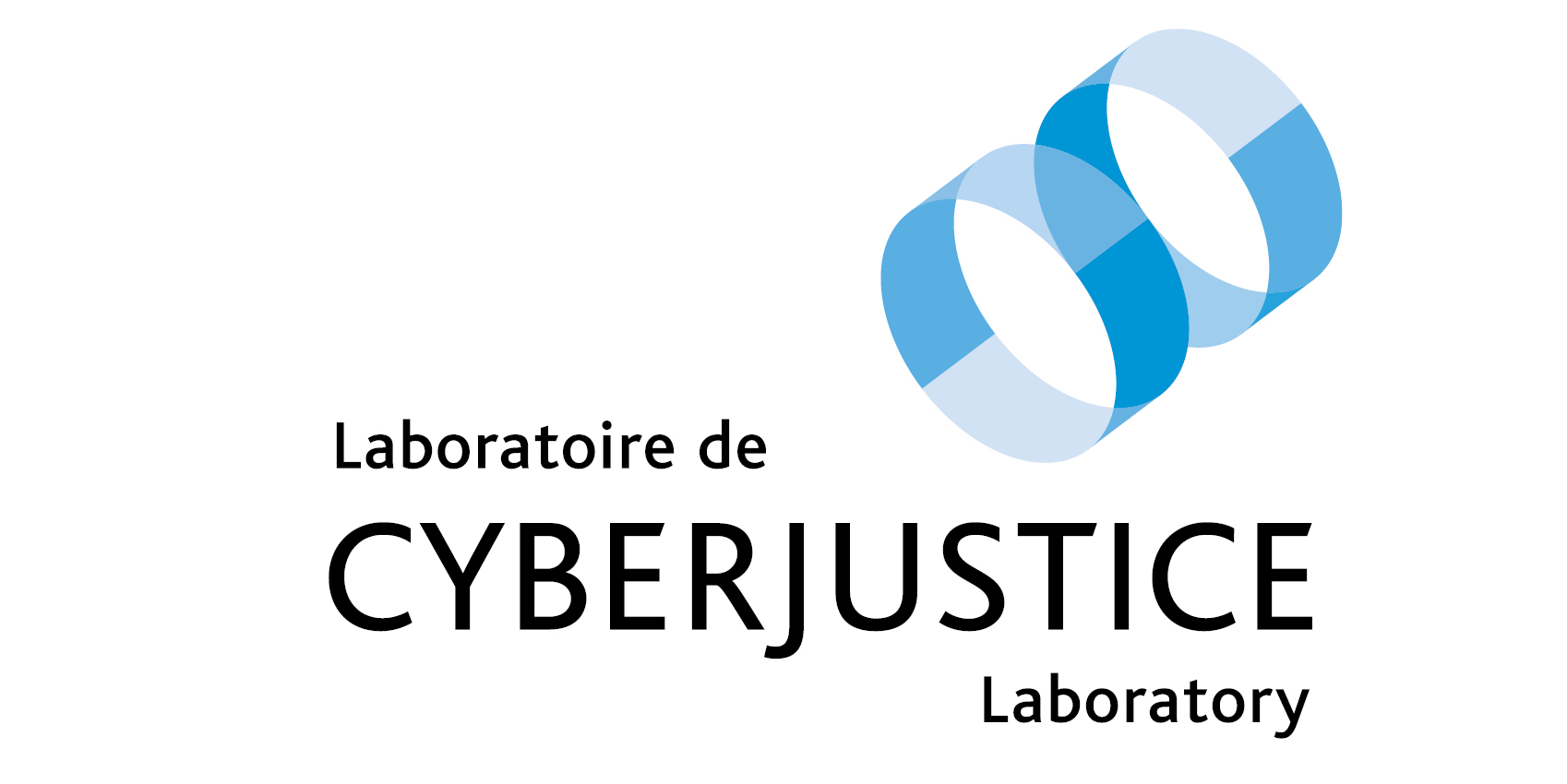2,6 M$ to Support Research in Cyberjustice & Artificial Intelligence at Montreal Based Cyberjustice Laboratory
2,6 M$ to Support Research in Cyberjustice & Artificial Intelligence at Montreal Based Cyberjustice Laboratory
The Government of Canada and the Government of Québec have announced a major investment of $2.6M in the research infrastructure of both the University of Montreal and McGill University’s Cyberjustice Laboratory, through the Canada Foundation for Innovation (CFI). 
MONTREAL, December 11th, 2017 – The prestigious CFI “Innovation Fund 2017” competition aims to accelerate research and technological developments initiated in priority sectors, including Justice, within Canadian universities. The Cyberjustice Laboratory, under the direction of Professor Karim Benyekhlef, is working to improve justice through technology. Since 2010, the Laboratory’s multidisciplinary team – made up of 45 researchers in law, psychology, information science and computer science – has been evaluating the impact of introducing technology into the practices of justice stakeholders in order to develop a new generation of open source software dedicated to the improvement of justice. The Laboratory’s research infrastructure currently consists of two technologically enhanced hearing rooms, dedicated to technological simulation, located in Université de Montréal and McGill University, and a software development space. The infrastructure modernization grant will enable Professor Benyekhlef’s team to further their research on the impact of (1) the virtualization of justice, and (2) the recent use of big data and artificial intelligence in the field of justice.
- The virtualization of justice aims to go beyond the simple spatial distribution of participants to a trial or a mediation enabled by the current means of remote communication (particularly videoconference). The acquisition of new advanced audiovisual technologies and the creation of virtual environments will enable researchers at the Laboratory to recreate judicial experiences that are not only more immersive, but are also able to use remote communications to restore the symbolic framework necessary for the administration of justice to ensure its legitimacy, authority and effectiveness. The objective here is to build a virtual and immersive tribunal, hosted in the cloud, which will be accessible to all researchers and partners of the Cyberjustice Laboratory for the purpose of conducting experiments.
- The digitization of all the data used in the context of a trial or the settlement of a conflict is a corollary to the virtualization of justice. The various issues surrounding the hosting, processing and valuation of this digital data are at the heart of the artificial intelligence revolution in the justice sector. The new equipment financed by the CFI will allow national and international researchers and partners from the institutional, professional, industry or community environments associated with the Cyberjustice Laboratory to experiment with the collection and algorithmic processing of judicial data in order to master its numerous effects and unleash its true potential for the benefit of the judicial system.
The CFI’s significant investment in the Cyberjustice Laboratory’s research infrastructure will help maintain its research activities as well as its international reach, attracting the best researchers in a number of disciplinary fields working in the domain of justice modernization, including legal professionals, students and private partners around the world. The use of these cutting-edge technologies will contribute to Québec and Canada’s global leadership in both the field of cyberjustice as well as the exportation of knowledge and artificial intelligence technologies. The director of Montreal’s Cyberjustice Laboratory, Professor Karim Benyekhlef, is pleased that his team can benefit from a unique research infrastructure and continue to conduct cutting-edge research in the area of cyberjustice, accompanied by the development of artificial intelligence technologies that will result in a more innovative economy and increased economic growth. About Montreal’s Cyberjustice Laboratory The Cyberjustice Laboratory, which is hosted at the Université de Montréal, with a satellite room in McGill University, is a unique center for reflection and creativity where judicial processes are modeled and re-imagined. Specializing in online dispute resolution and the modernization of justice through digitization and networking, the Cyberjustice Laboratory develops platforms and software that facilitate the everyday lives of litigants and professionals in the legal and judicial worlds, including PARLe, the courtroom interface for holding paperless hearings and the electronic clerk.
– 30 –
Source:
Laboratoire de cyberjustice Me Valentin Callipel, 514-343-6111, poste 2550 Valentin.Callipel@umontreal.ca
This content has been updated on 07/10/2019 at 11 h 15 min.
